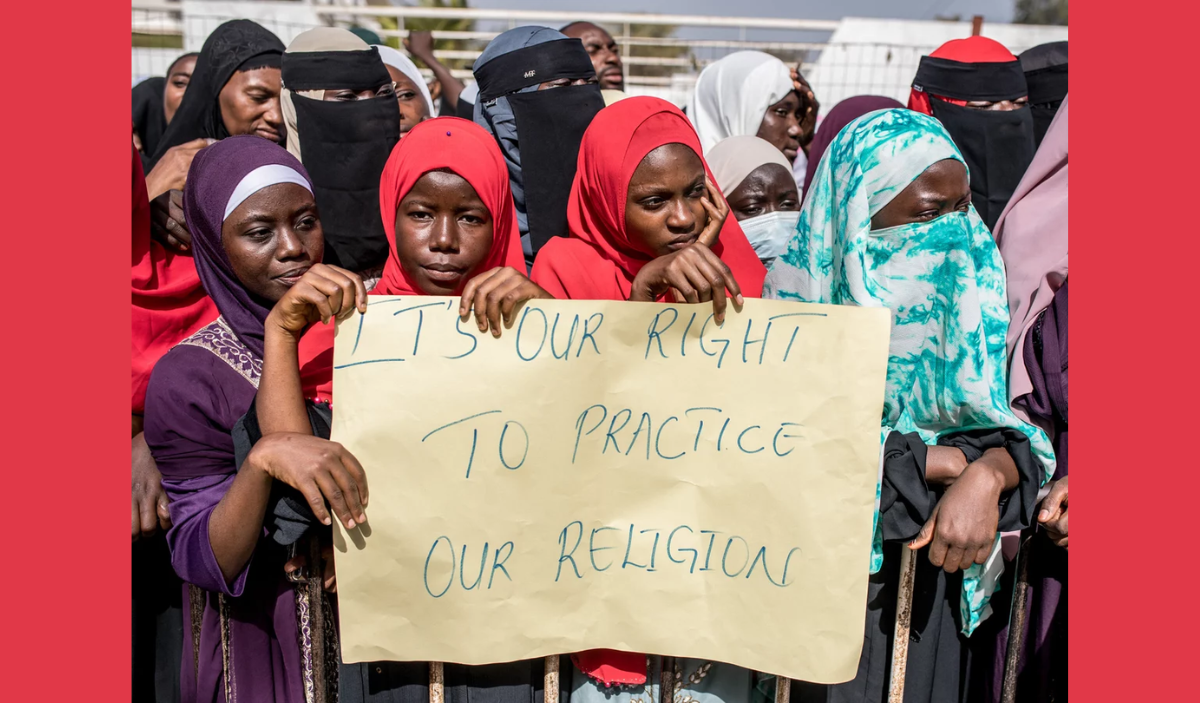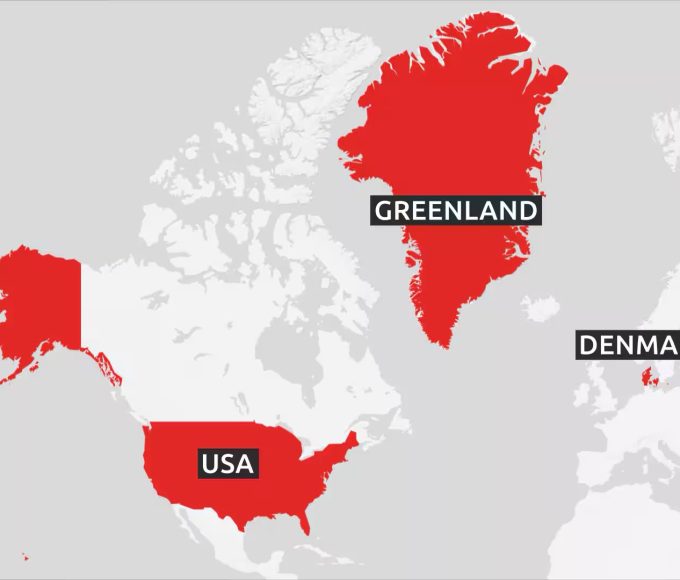
EU adopts human rights resolution to repeal Female Genital Mutilation ban in Gambia

The European Union, EU, on Thursday, during its plenary session, adopted a human rights resolution to repeal Female Genital Mutilation/Cutting (FGM/C) and female circumcision in Gambia.
According to the World Health Organization, WHO, female circumcision is considered internationally a violation of the human rights of girls and women and members of the EU parliaments (MEPs) have since raised concern over the potential repeal of the FGM/C ban in the Gambia.
The MEPs warn that The Gambia risks being the country in the world to reverse the legal protection against female genital mutilation (FGM) and urged the Gambian Parliament to reject a proposal to repeal the current FGM law and to uphold the practice’s criminalisation.
They also urged the Gambian government to strengthen its efforts to ‘prevent’ and ‘eliminate’ FGM through enforcement measures, education and collaboration with international partners.
We are ready to support the government and civil society in community engagement to combat FGM, assist survivors, and defend women’s rights, says the EU parliament.
Meanwhile, following the 535 members who voted in favour, one against, and one abstention, the MEPs resolutely agree that FGM should “urgently” and “systematically” be raised with the Gambian authorities by the EU Commission and the European External Action Service.
The Gambian parliament, on the other hand, banned female genital mutilation eight years ago and is now considering reversing the law that protects girls and women against female circumcision practices in the country.
However, the recent pushback gaining consideration in Gambia follows the religious undertone that flared up in August 2023, where three became the first Gambians to be fined for performing FGM.
Since then, the request to repeal the FGM ban has increased. However, it is only possible if Gambian lawmakers decide to reverse their long-held anti-FGM position, as scheduled to be deliberated upon in June 2024.
Read: Burkina Faso Suspends BBC, VOA For Coverage Of Mass Killing Report
About The Author
Mayowa Durosinmi
author
M. Durosinmi is a West Africa Weekly investigative reporter covering Politics, Human Rights, Health, and Security in West Africa and the Sahel Region
Mayowa Durosinmi
M. Durosinmi is a West Africa Weekly investigative reporter covering Politics, Human Rights, Health, and Security in West Africa and the Sahel Region
Related Articles
Ghana Moves to Reclaim Kwame Nkrumah’s Former Residence in Guinea
Ghana has embarked on a diplomatic and cultural initiative to reclaim the...
ByWest Africa WeeklyJanuary 23, 2026Ghana Shares Gold Mining Model With Tanzania
Ghana has taken a leading role in shaping Africa’s future approach to...
ByWest Africa WeeklyJanuary 23, 2026Ghana to Begin Construction of Nation’s Tallest Bridge With Japanese Support
Ghana is preparing to begin construction on what will become the country’s...
ByWest Africa WeeklyJanuary 23, 2026Trump’s Greenland Threat Forces Europe to Taste the Logic of Western Colonial Power
It rarely begins with soldiers. More often, it begins with a sentence,...
ByWest Africa WeeklyJanuary 21, 2026











